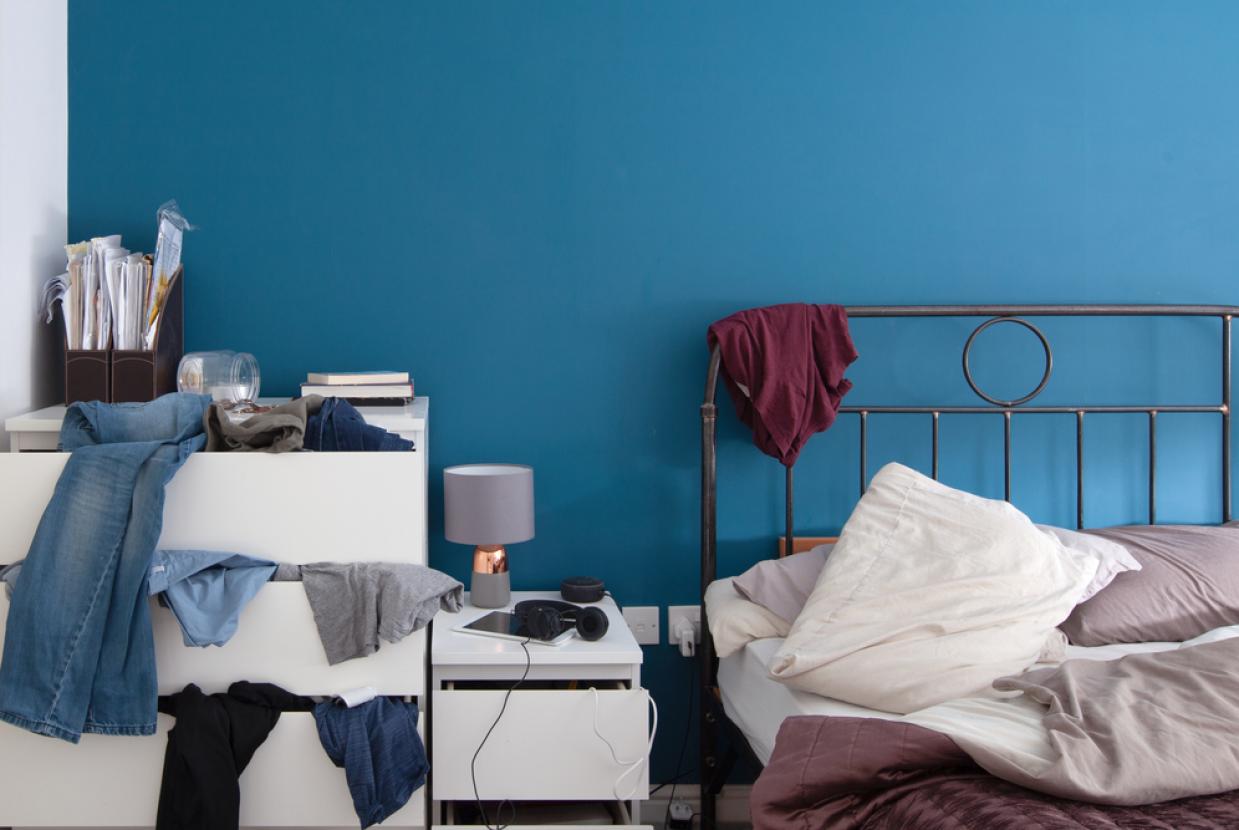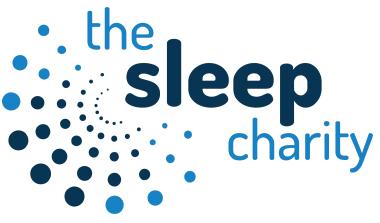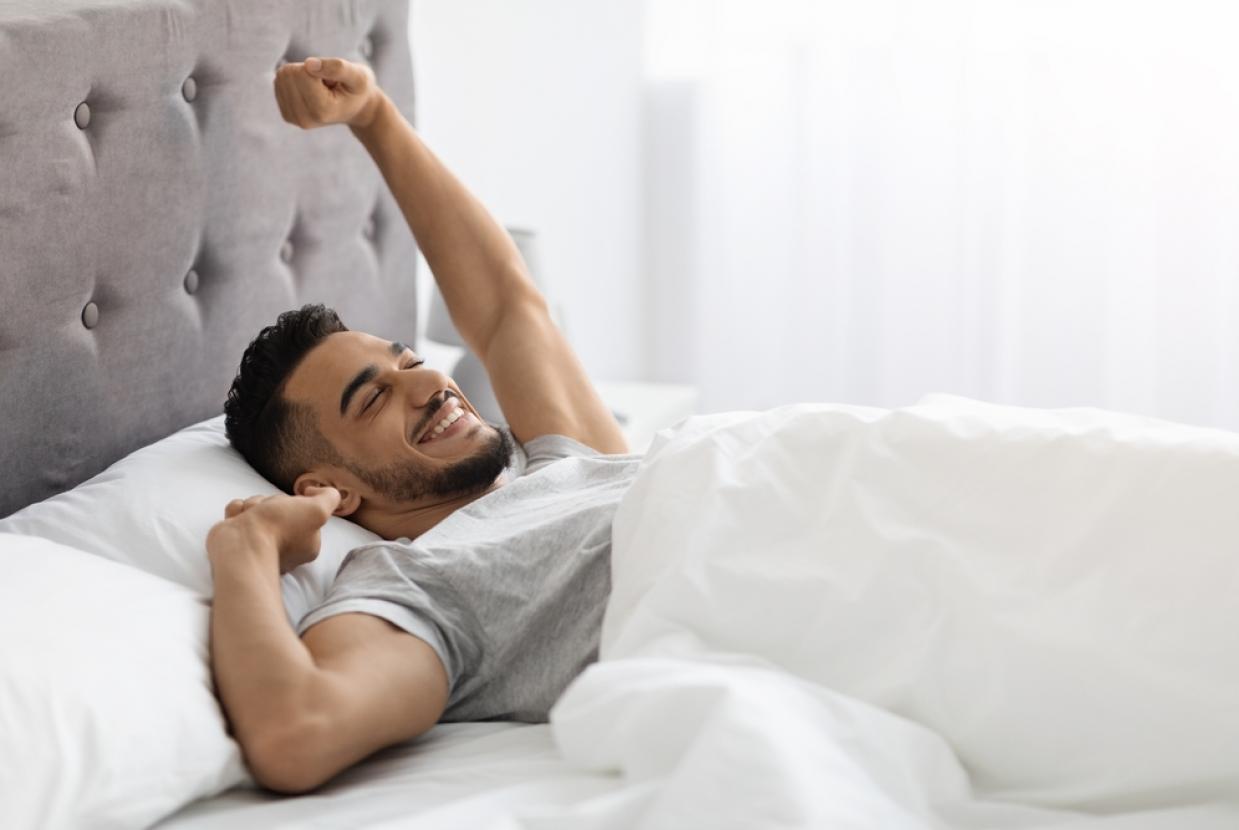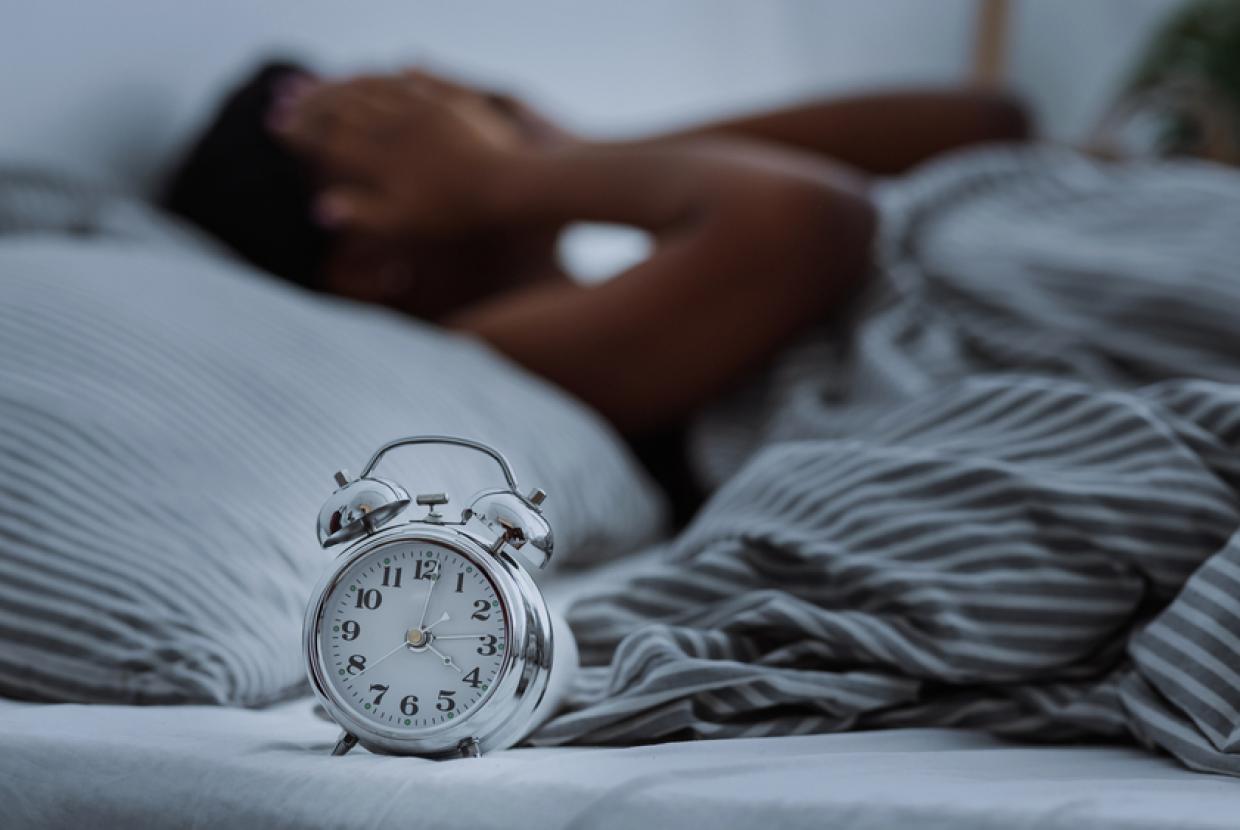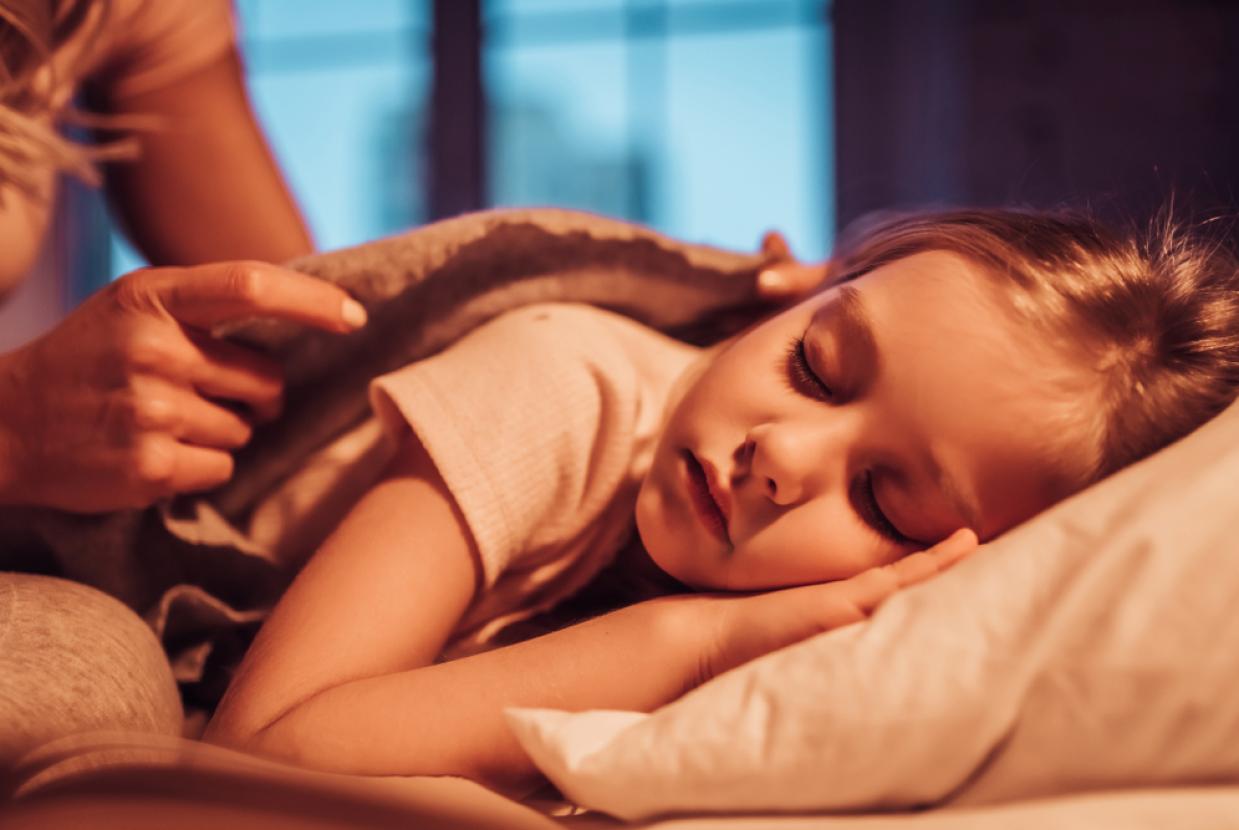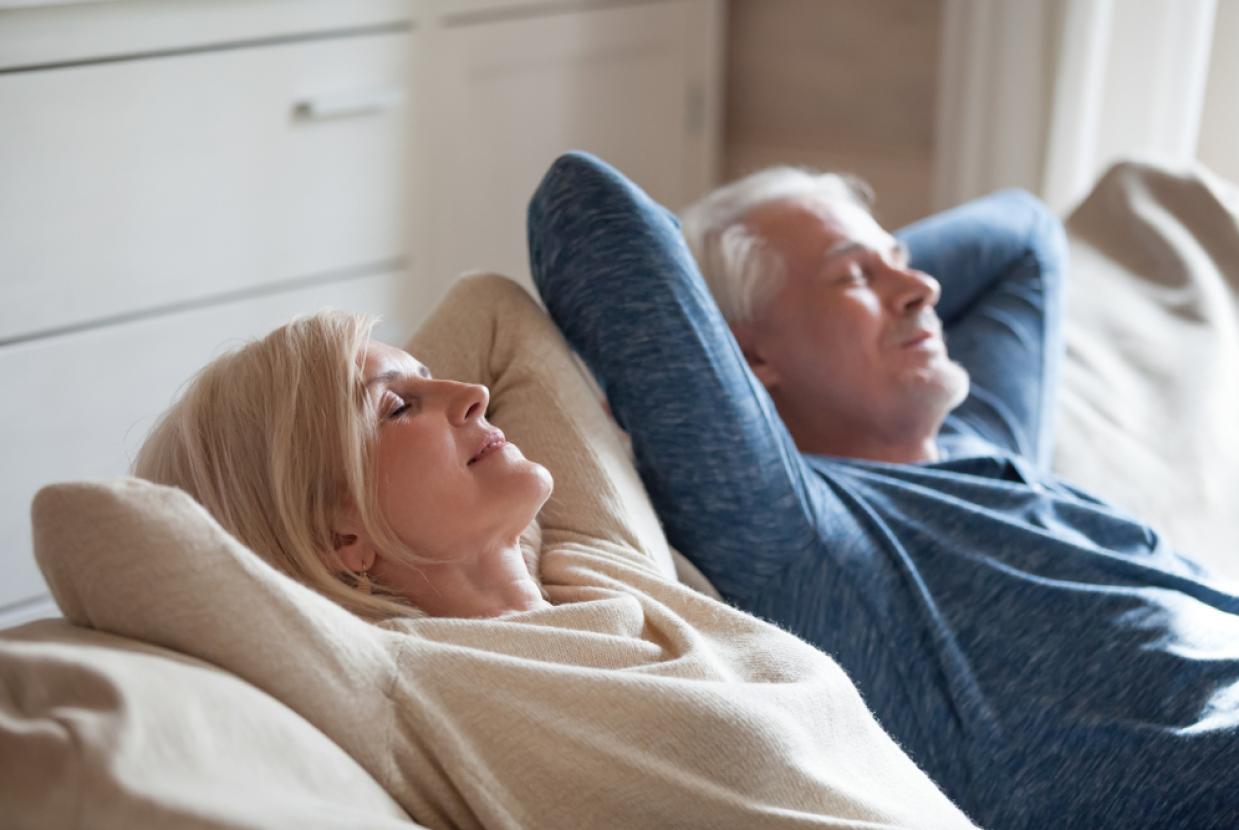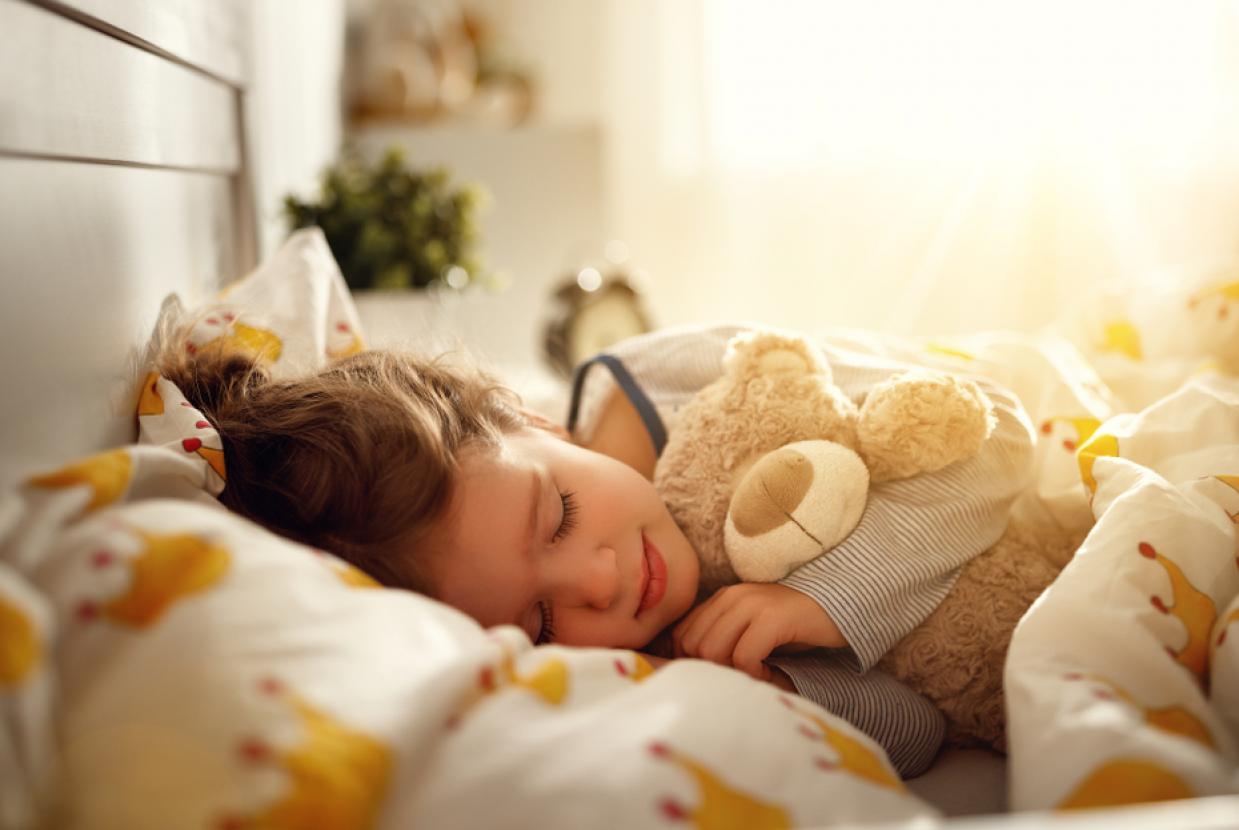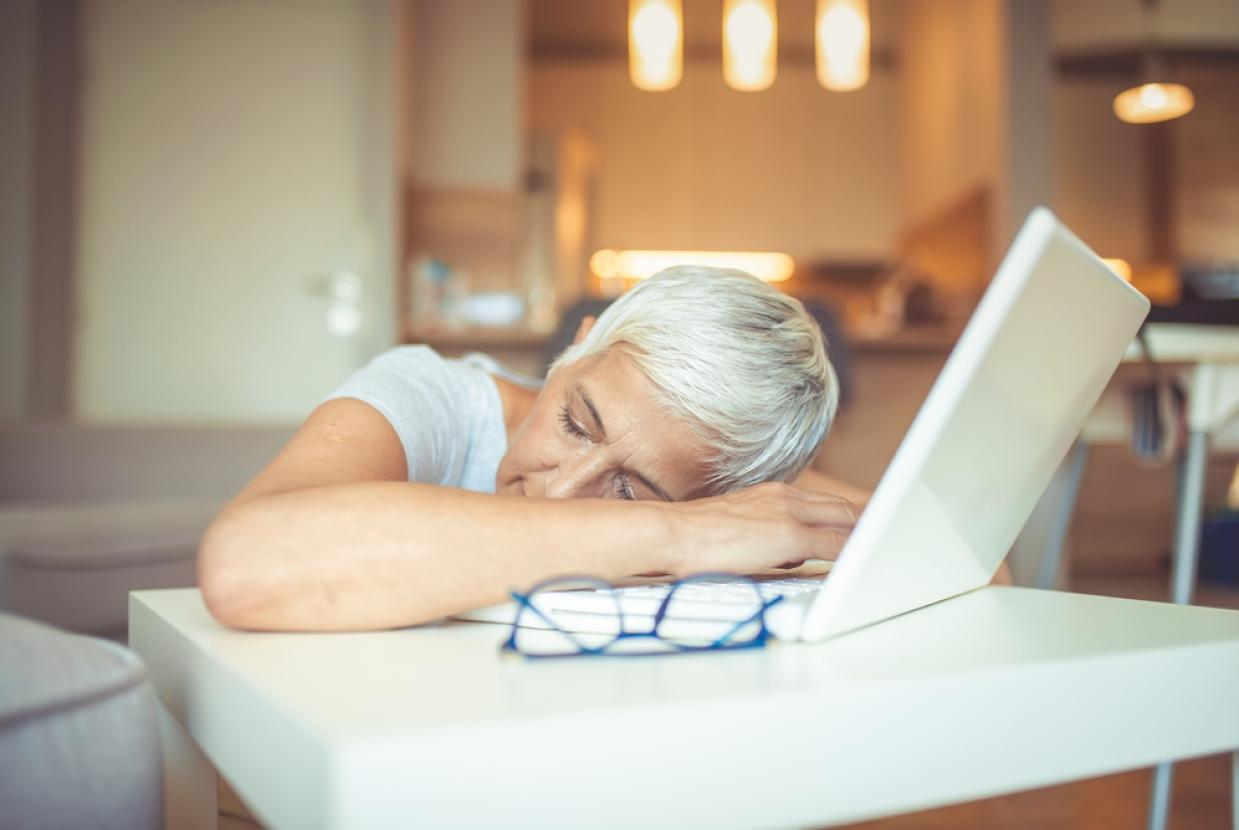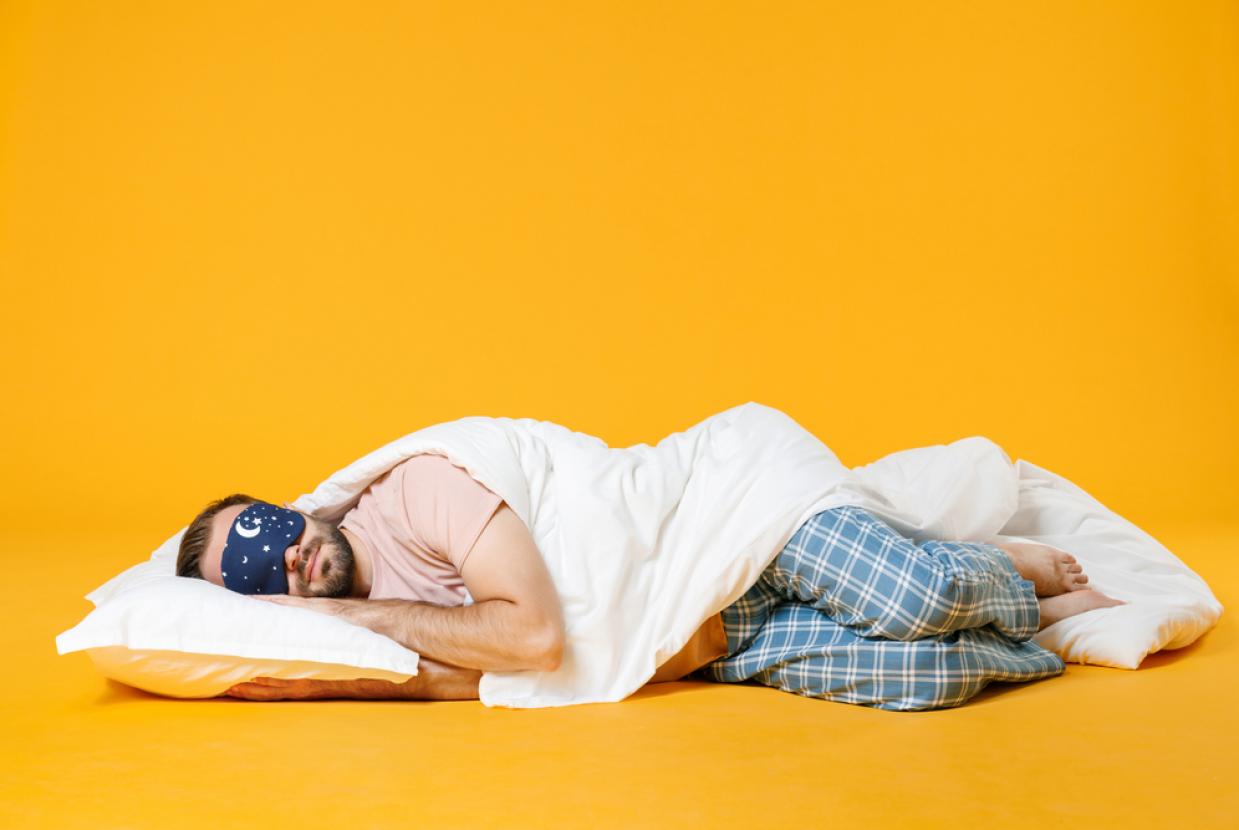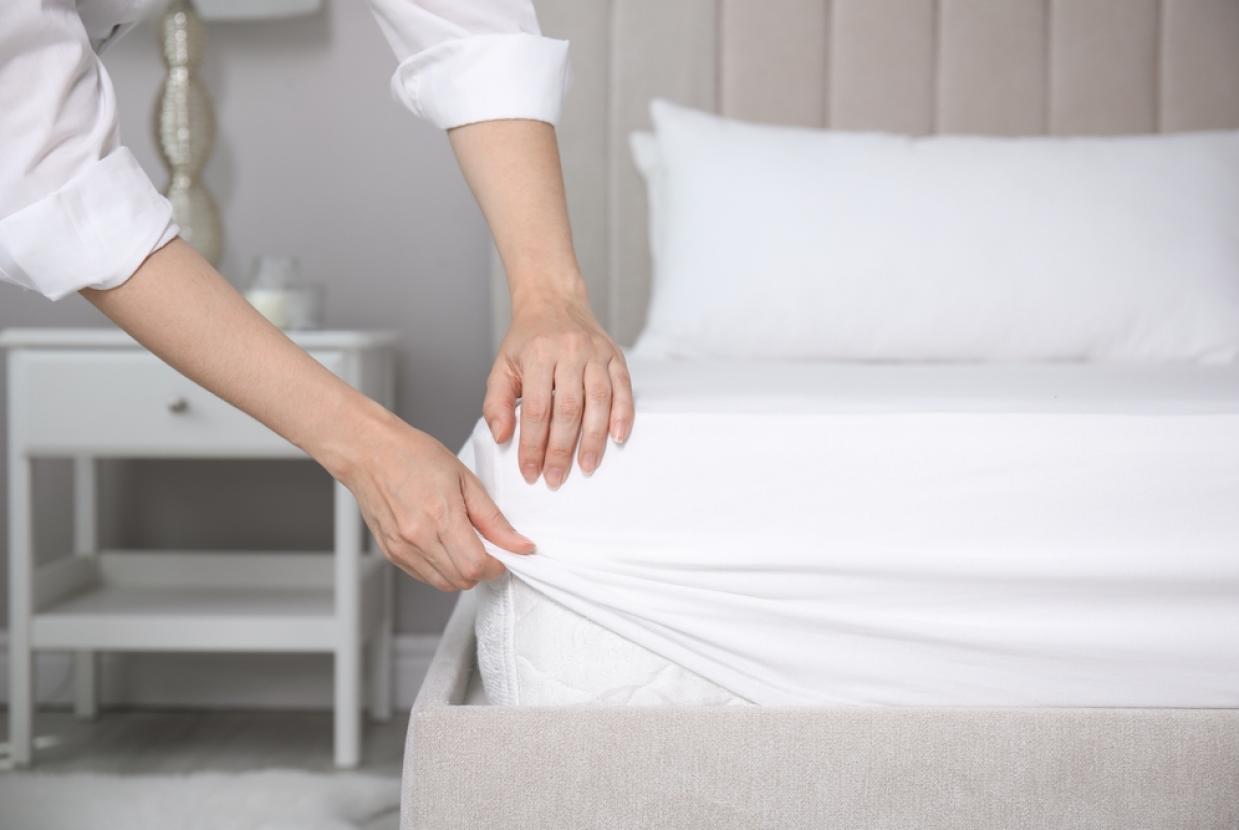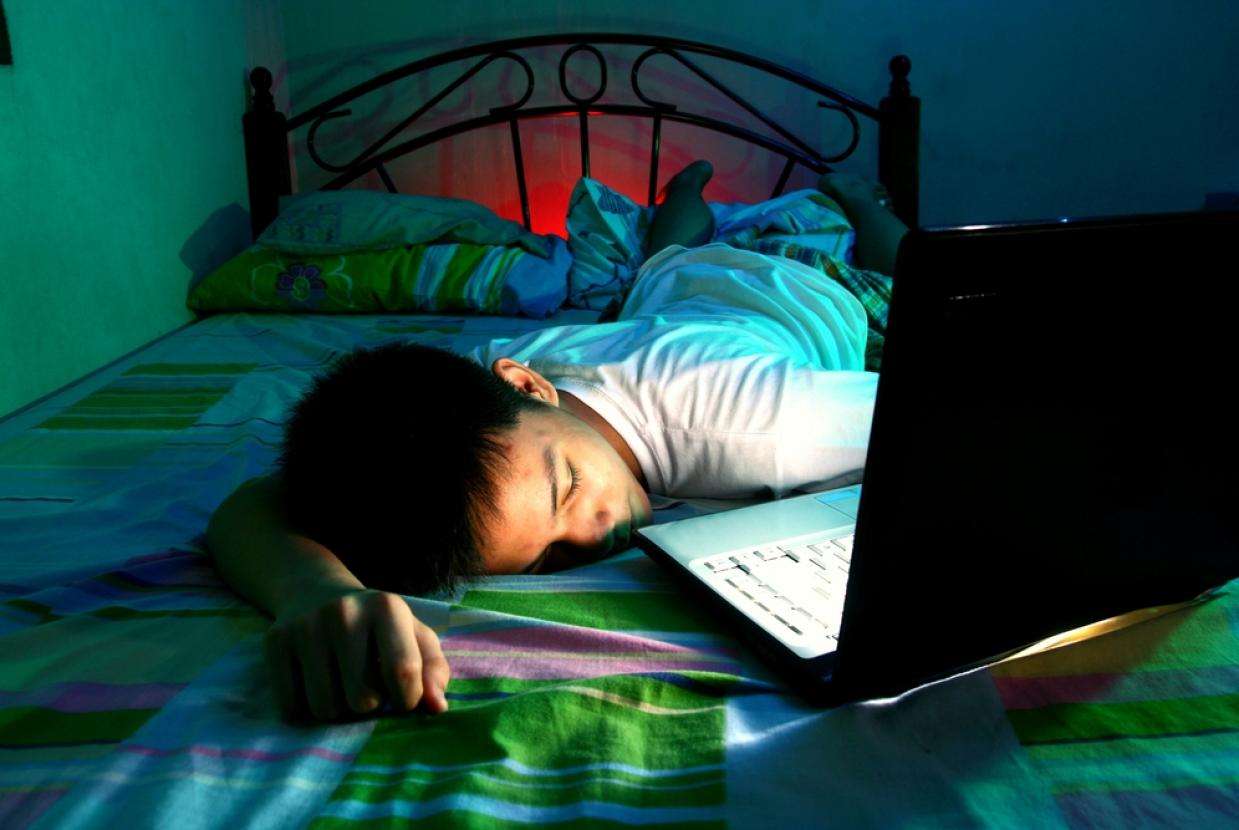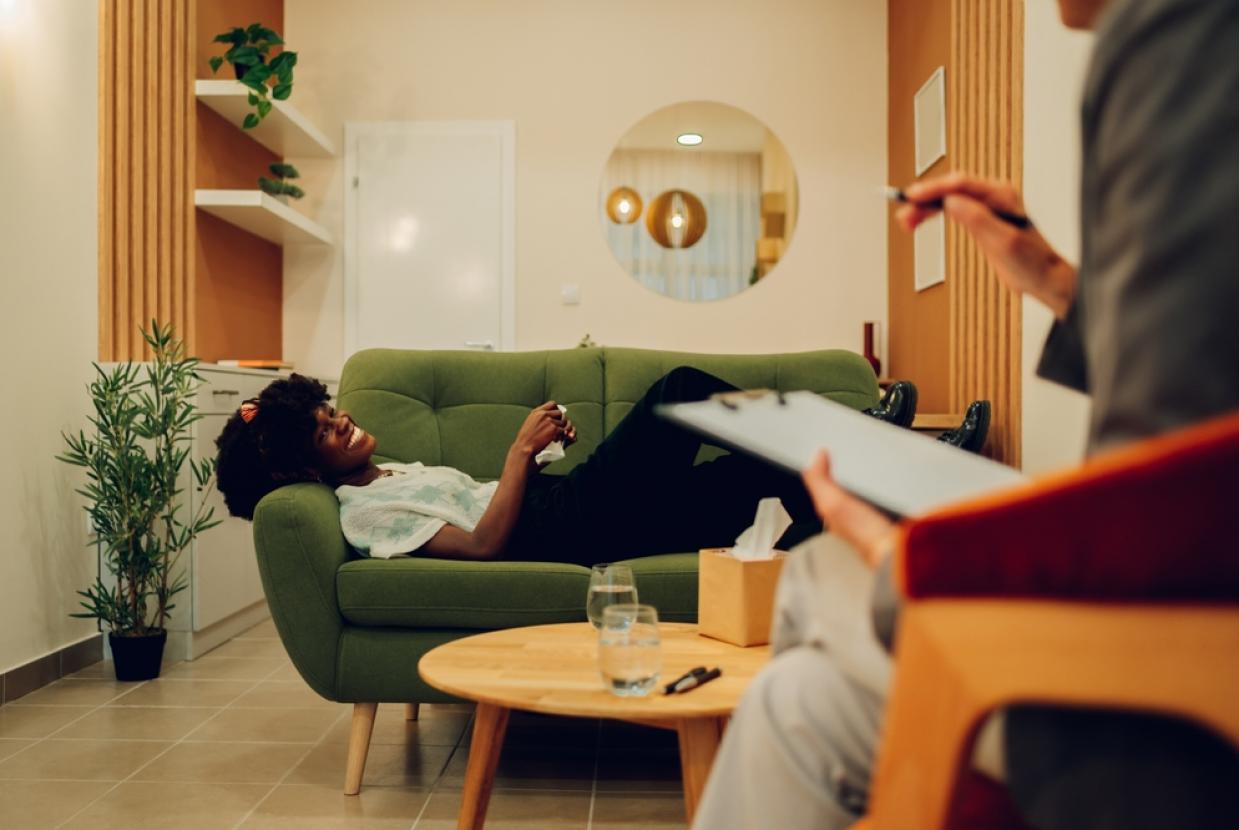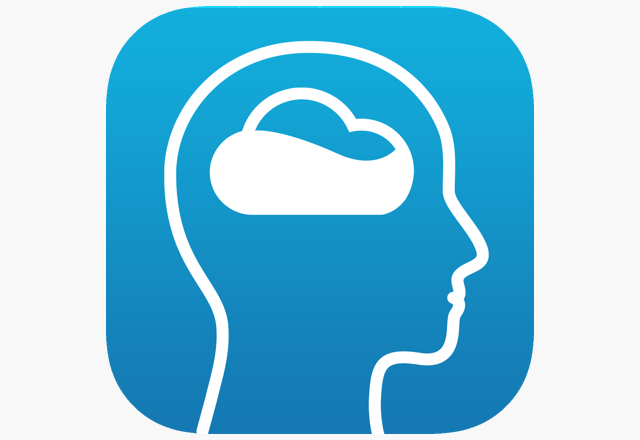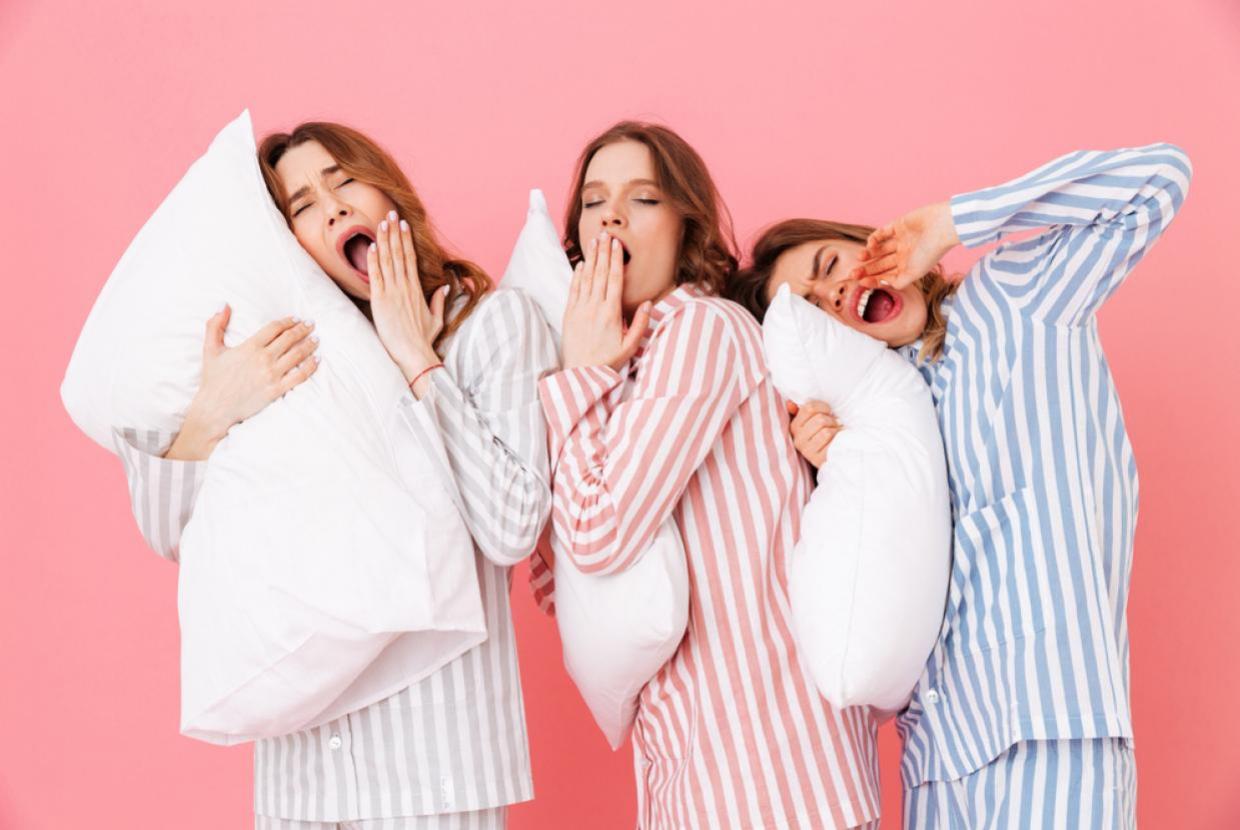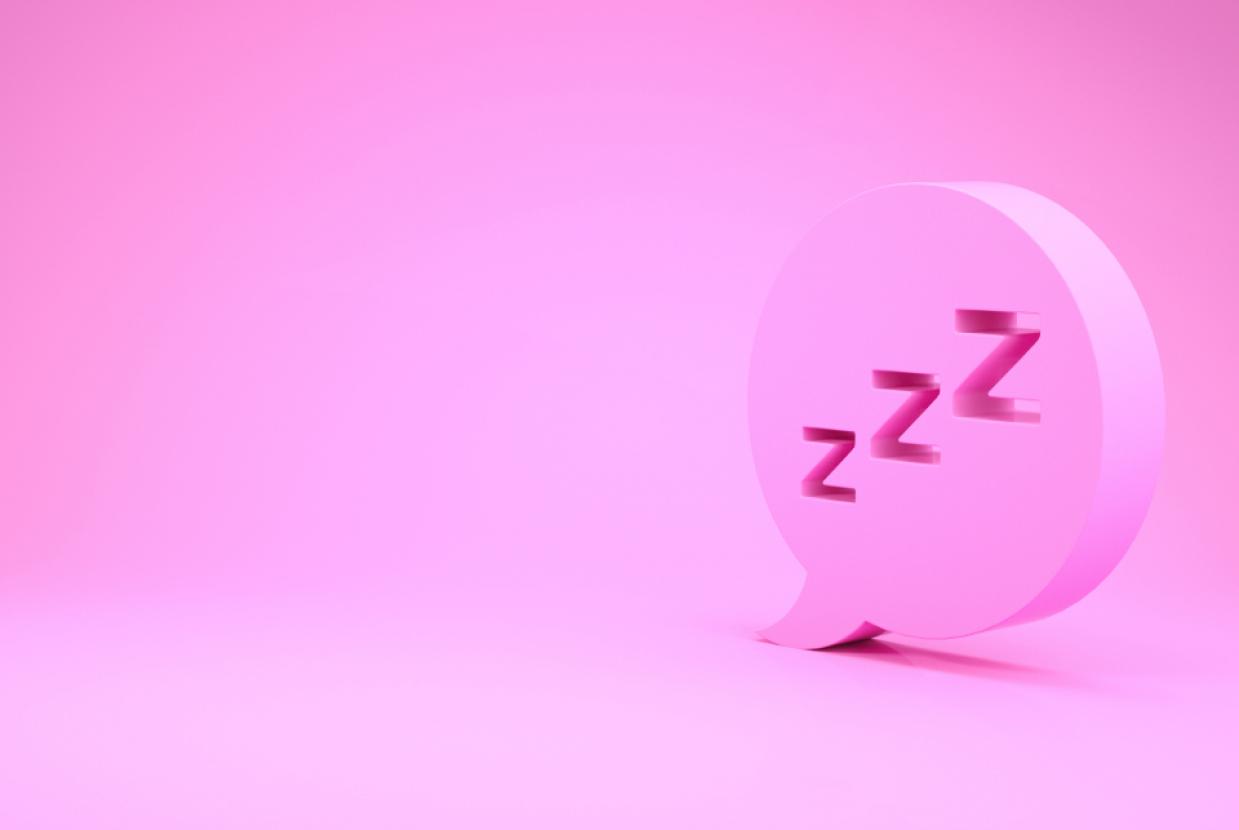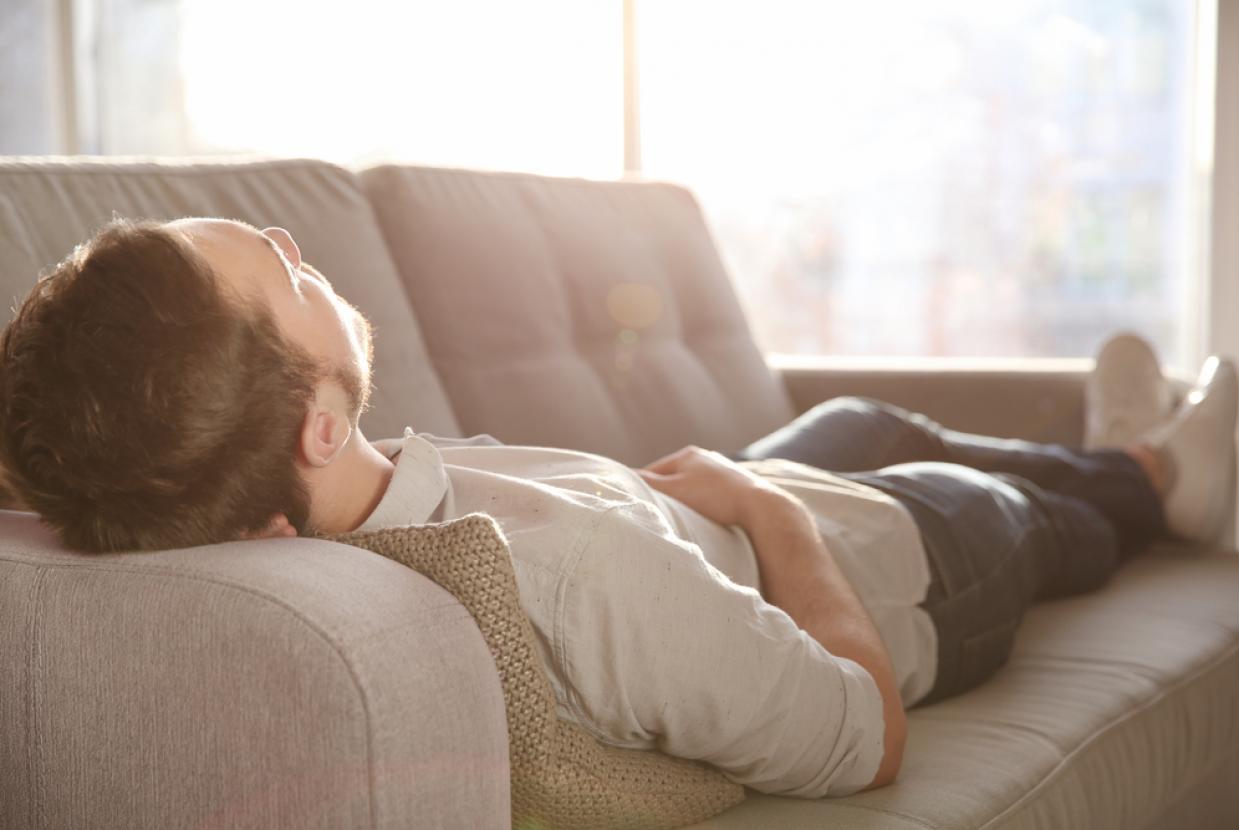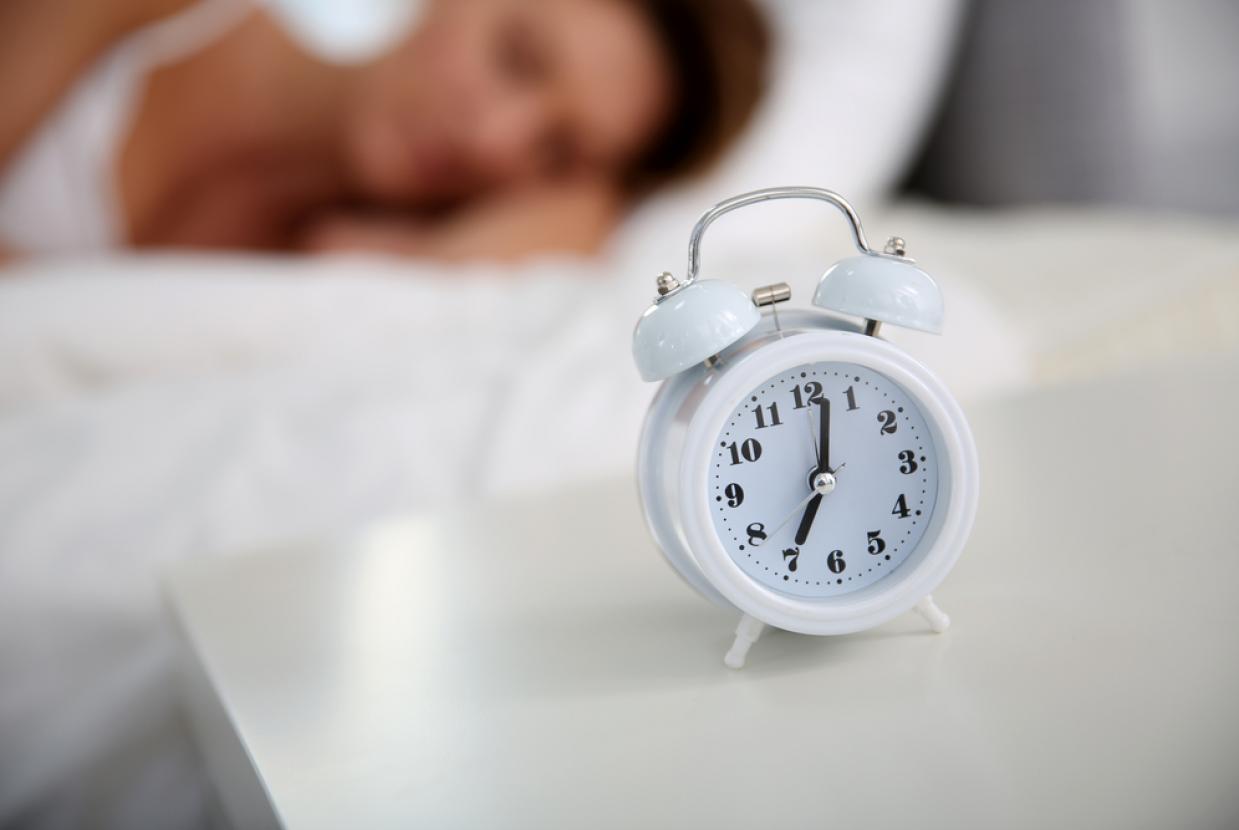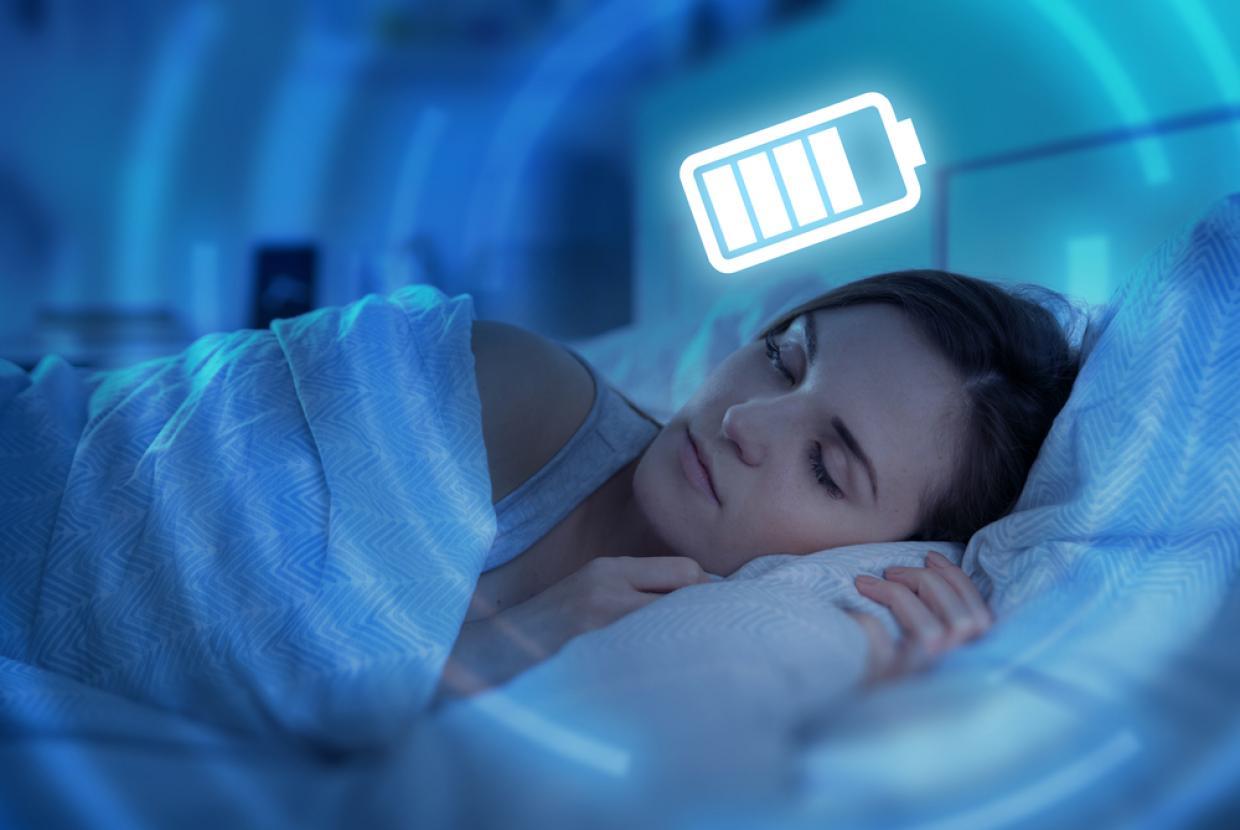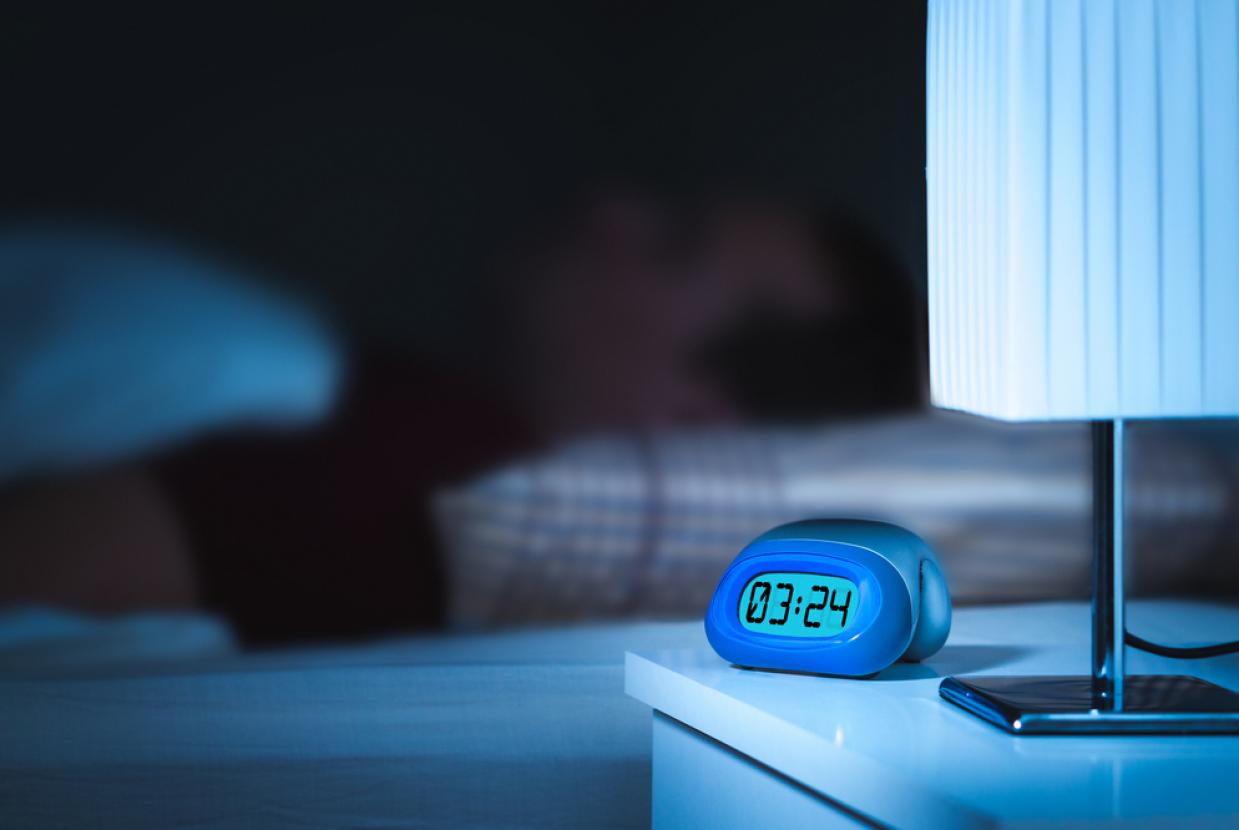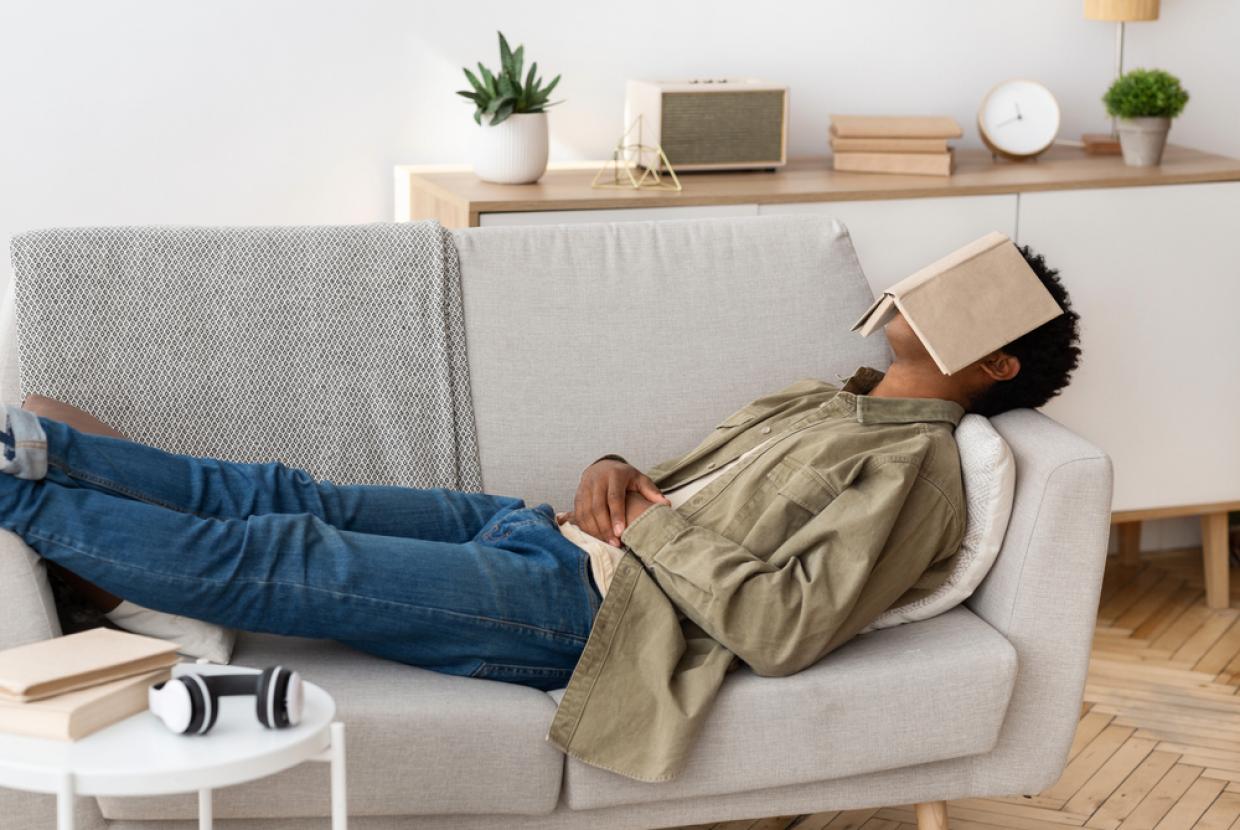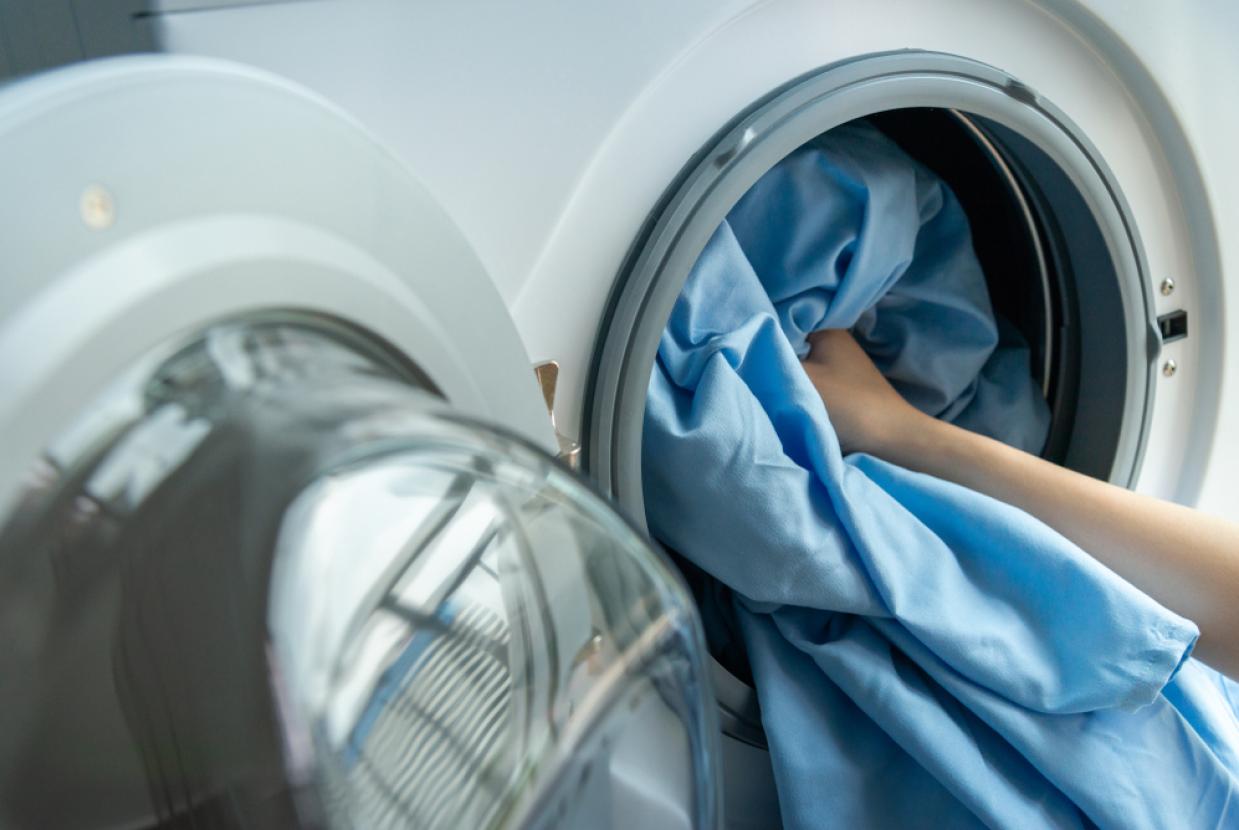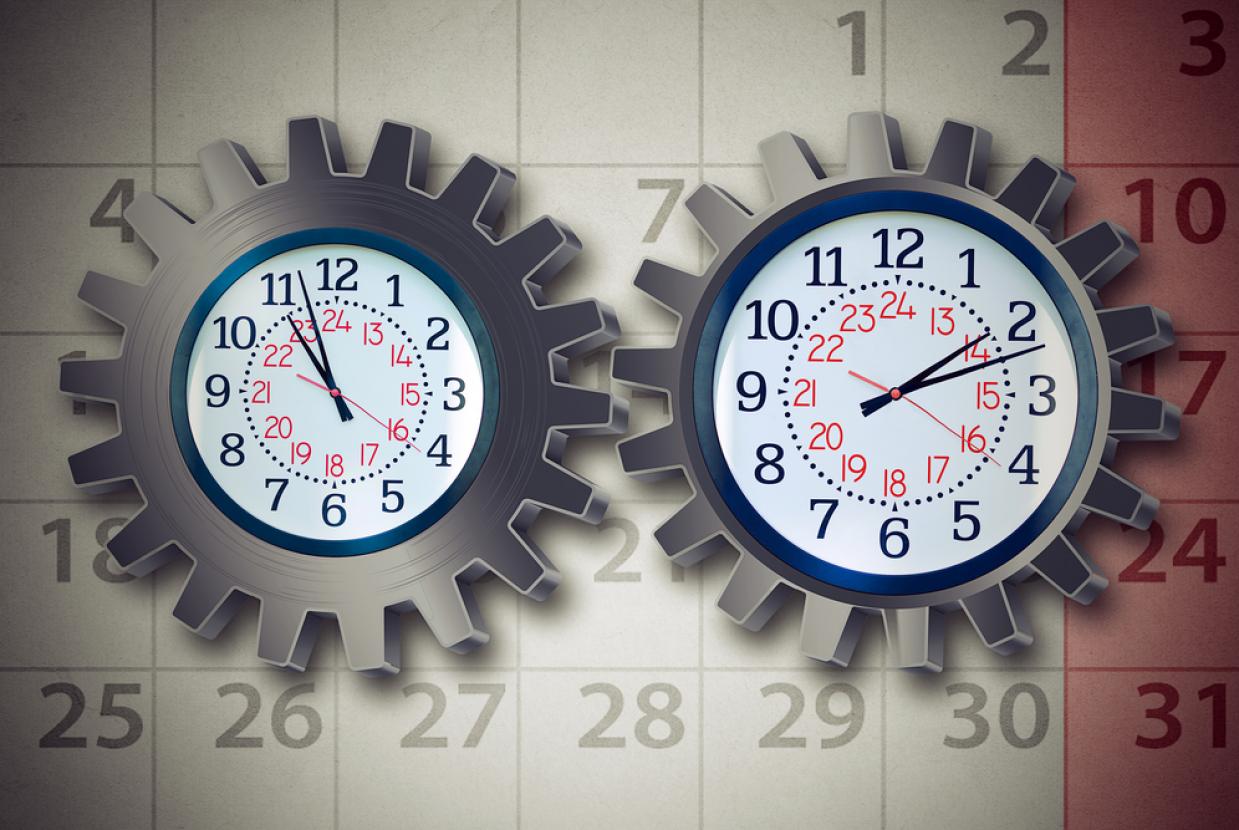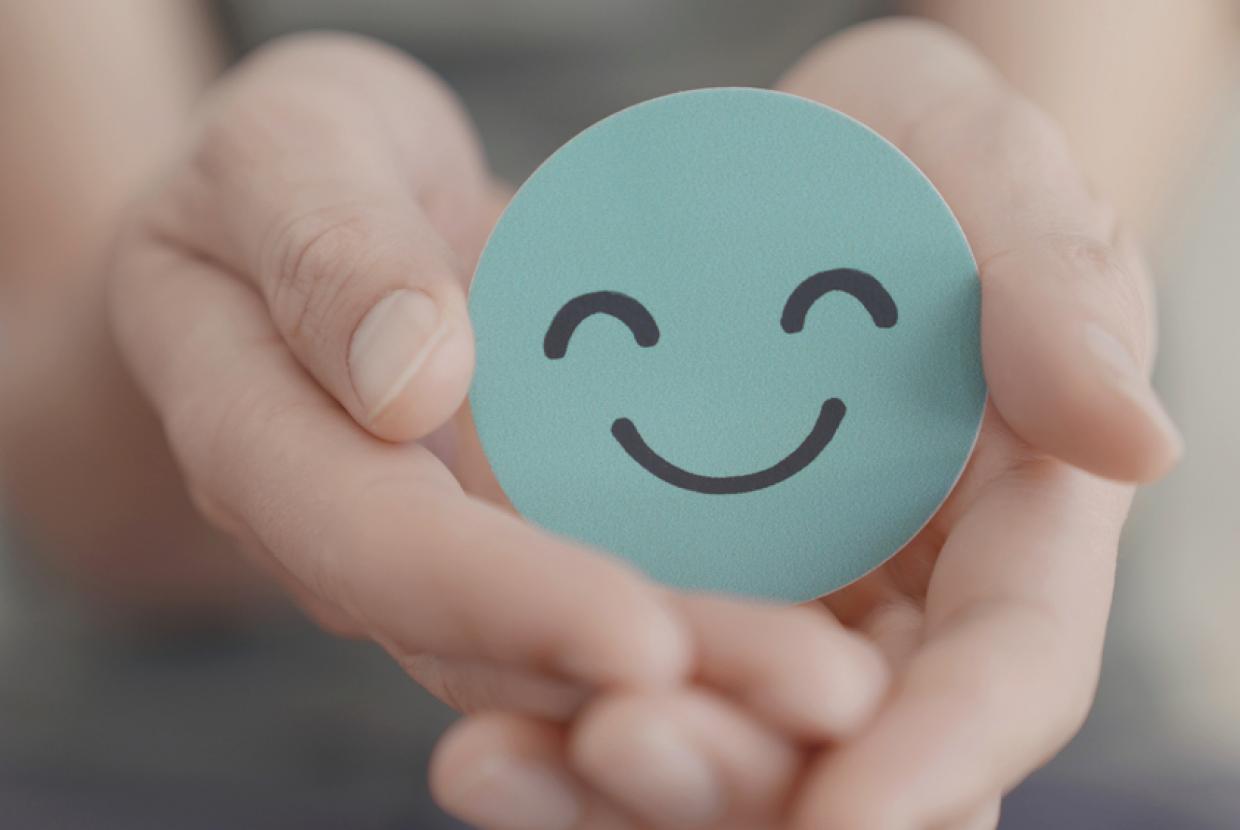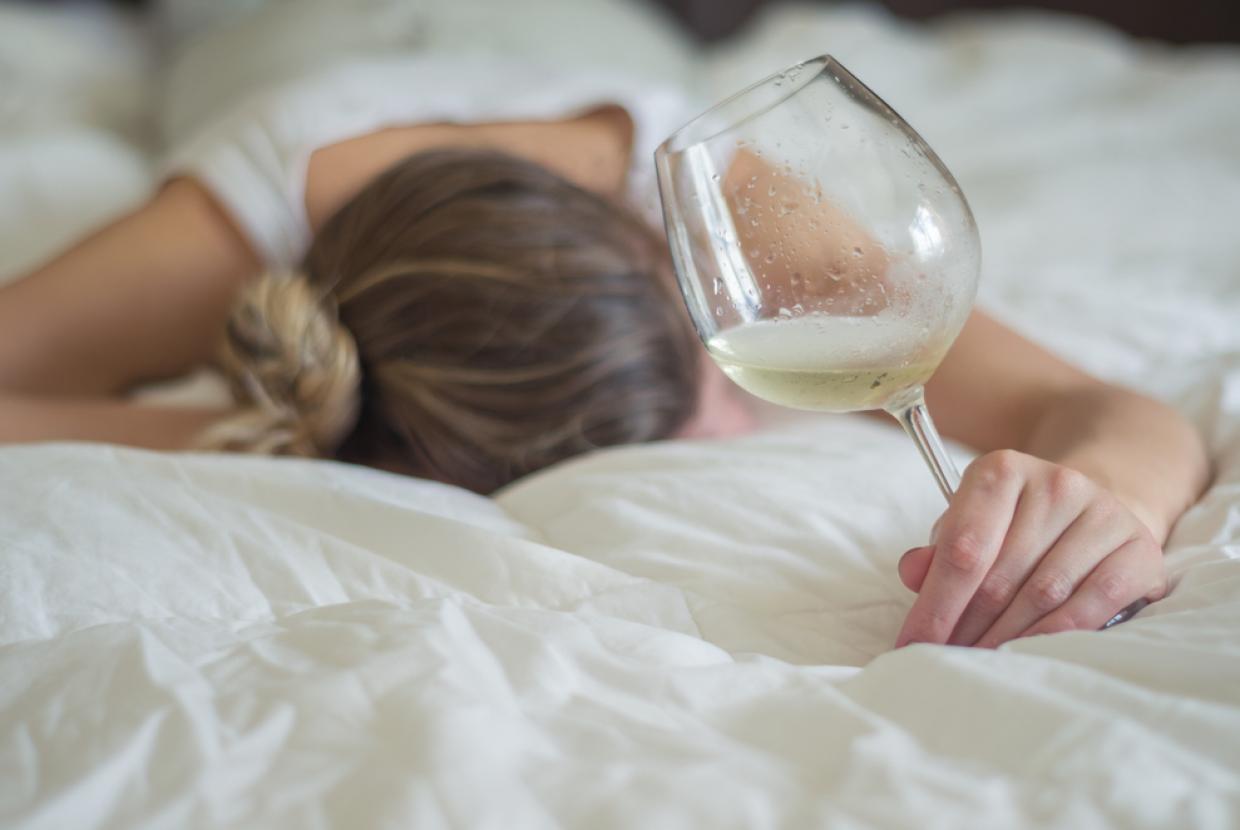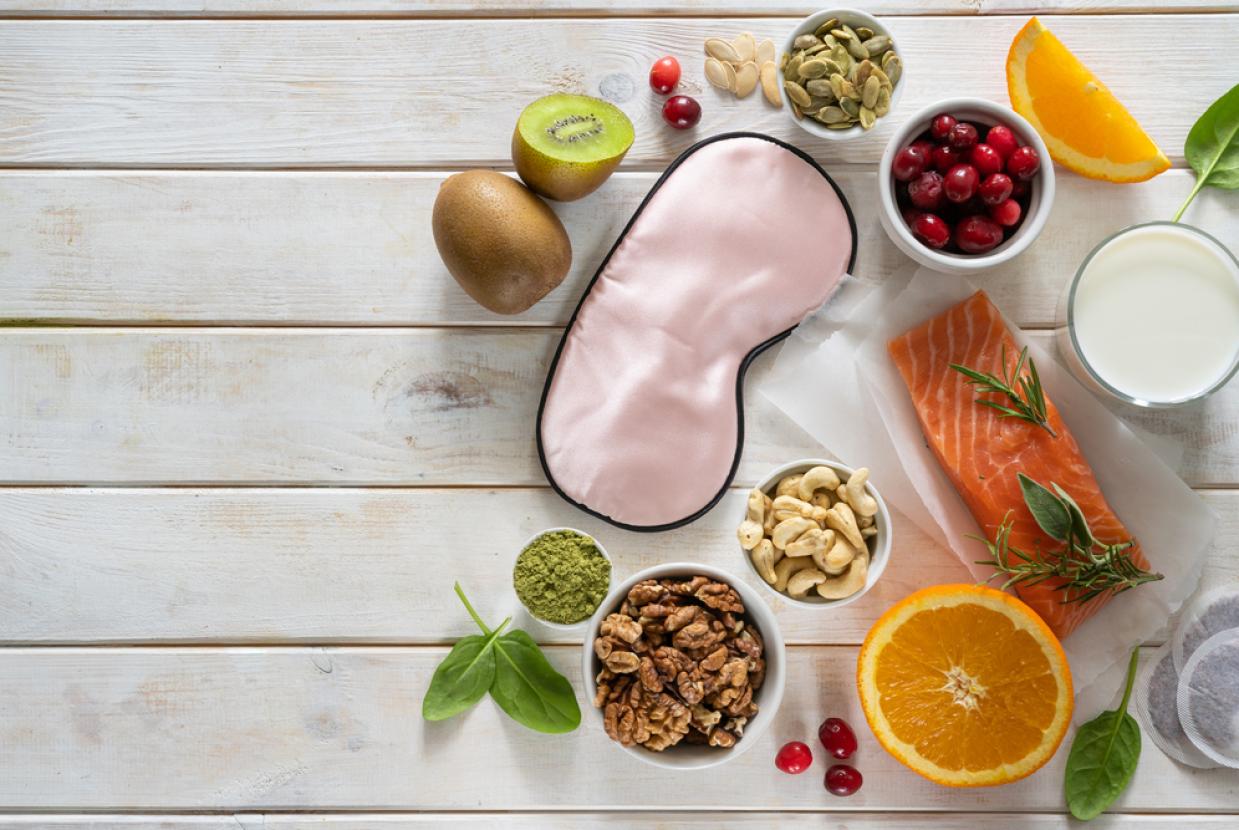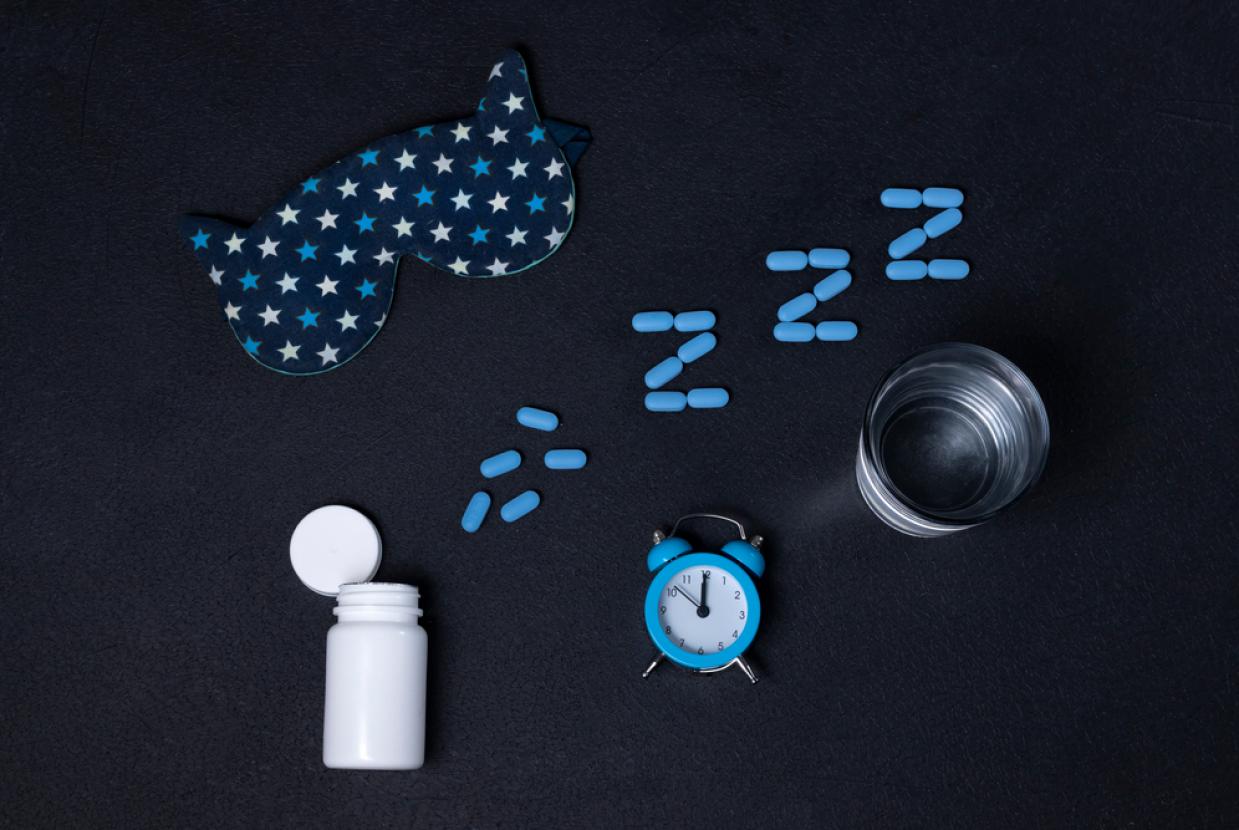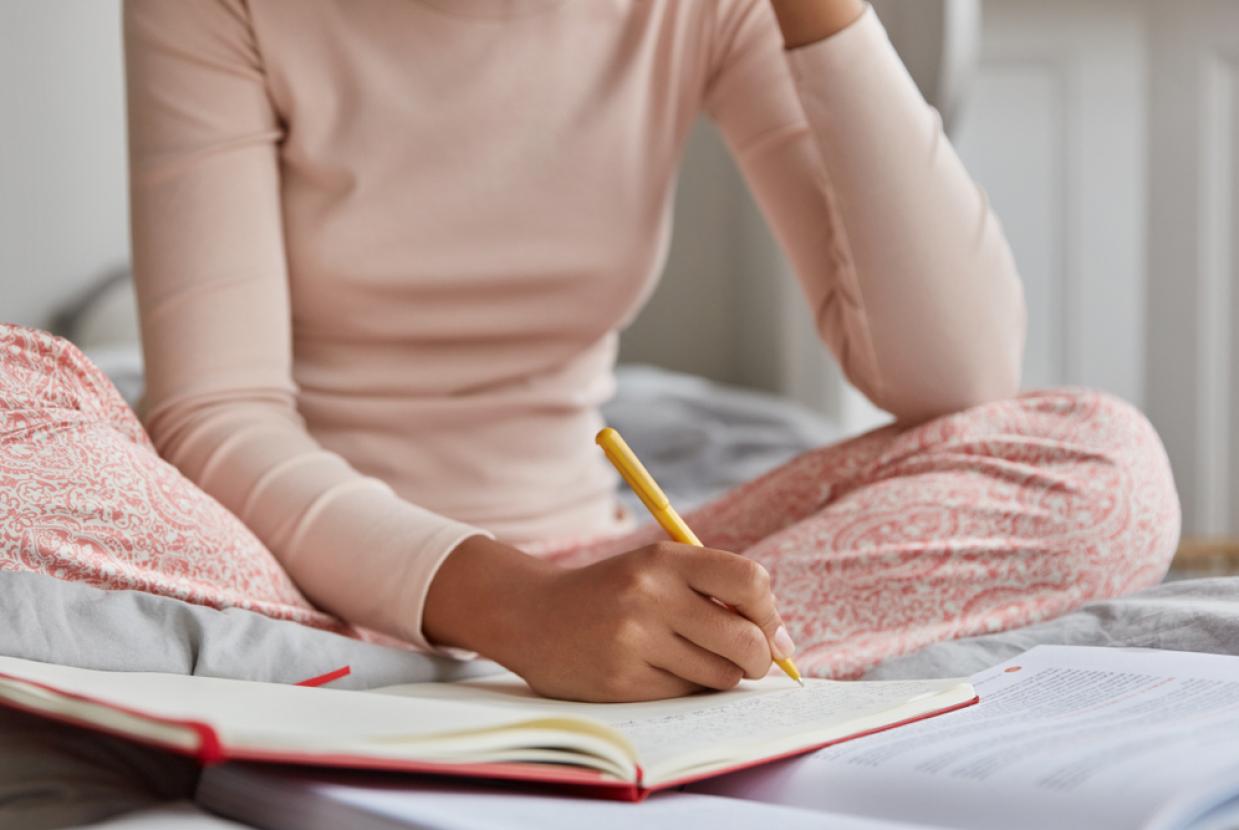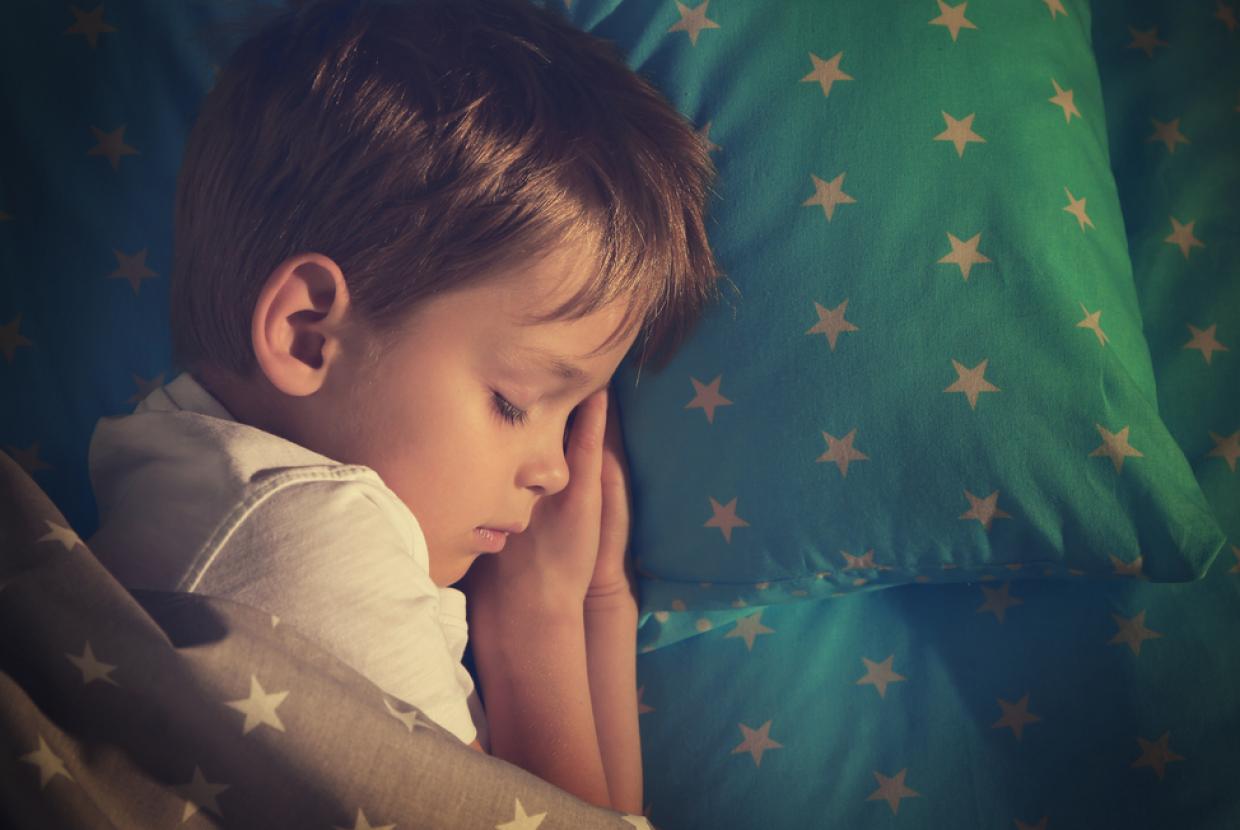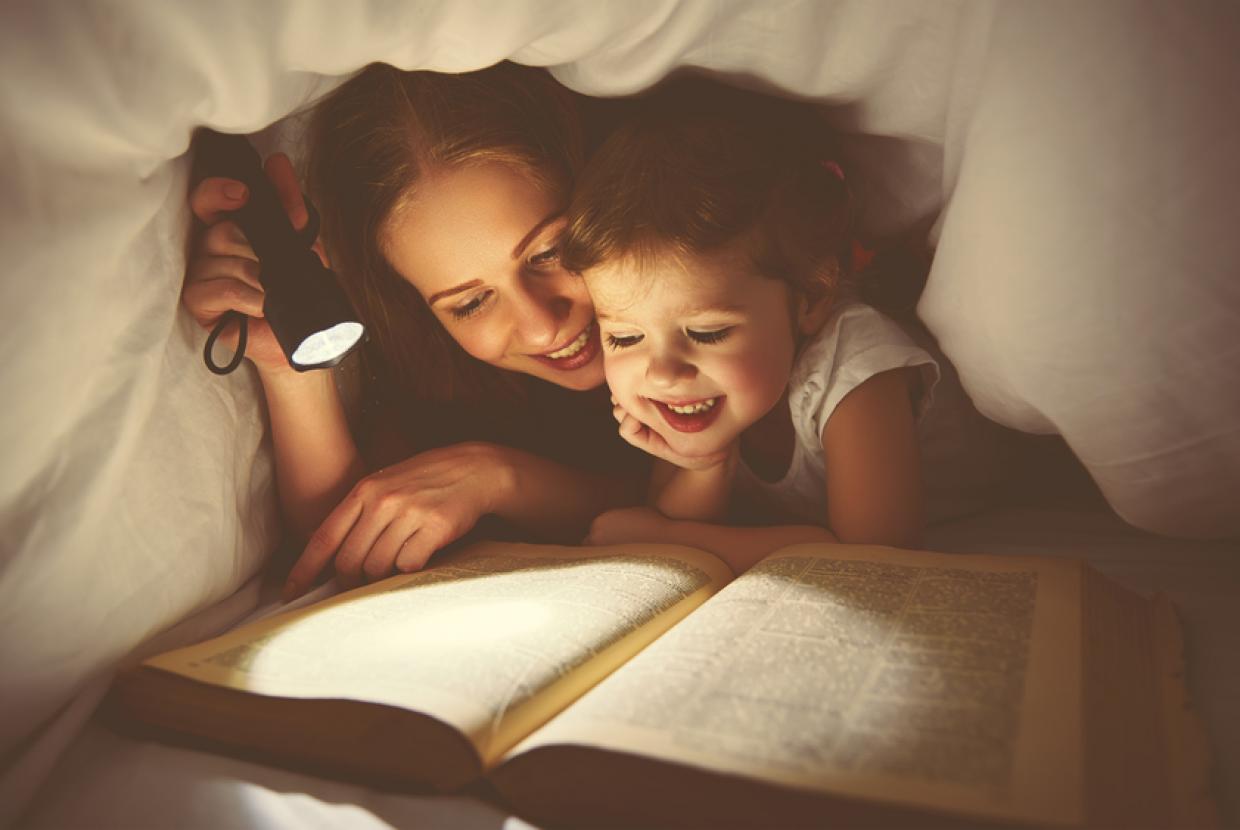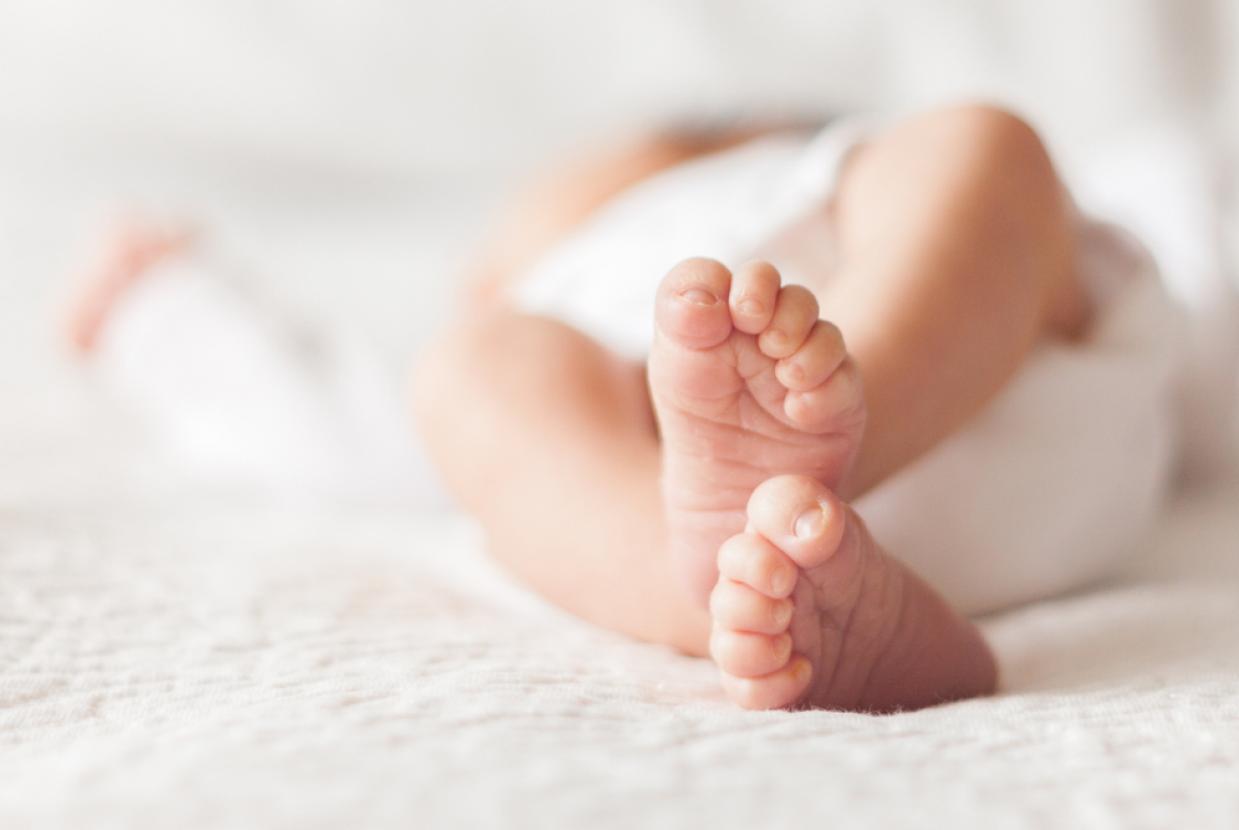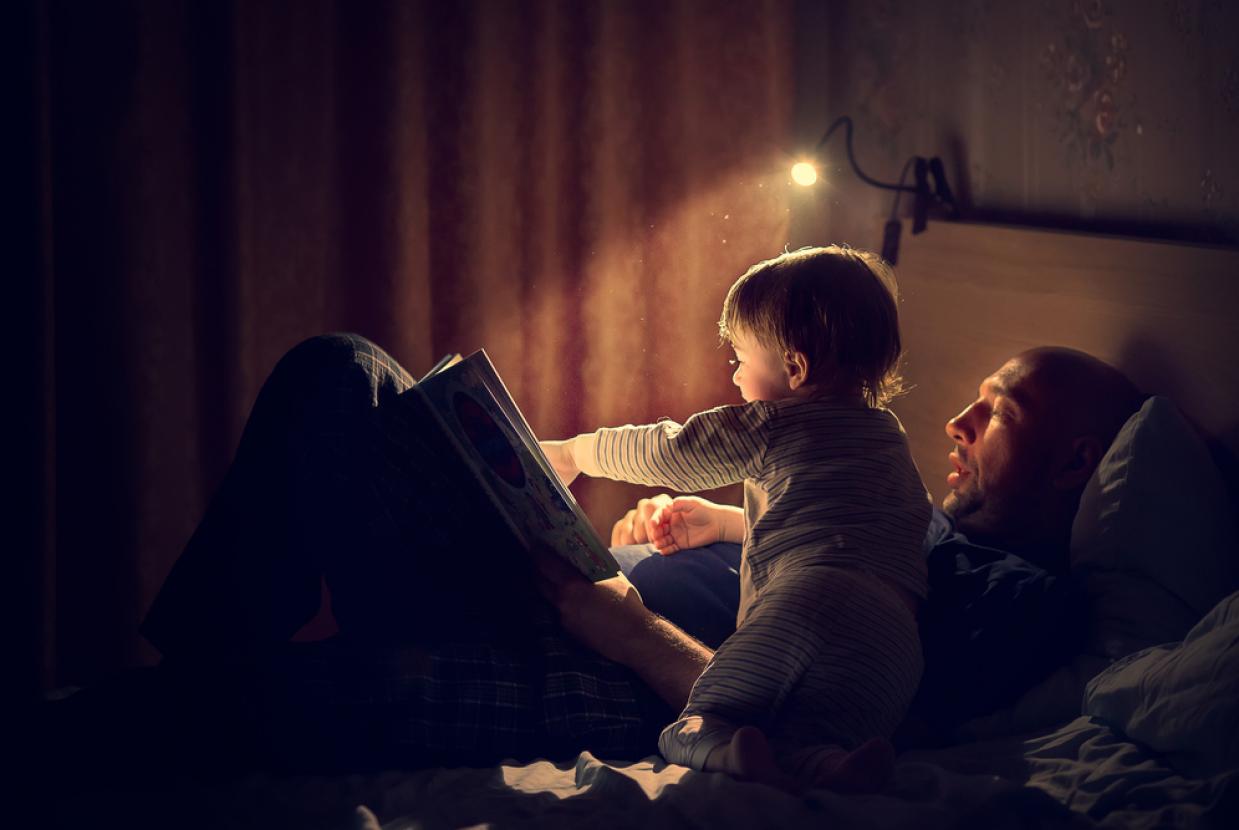Sleep Environment
One aspect of sleep hygiene that needs more attention and should be at the forefront of the pursuit for better sleep is of course the sleep environment. We spend a third of our lives in bed and all too often we overlook the importance of what a bedroom actually means in getting great sleep. Creating – and maintaining – the perfect sleep environment is essential in achieving the best possible quality sleep which is vital for health and wellbeing.
In order to enjoy a restful night’s sleep, you must pay some attention to your environment. Here are some things that should be considered.
Temperature
If you’ve ever been too hot or too cold when trying to sleep, you’ll understand how difficult it is to catch some zzzs.
Your body heat peaks late afternoon and then starts to drop in the evening to prepare your body for sleep, kickstarting melatonin production. An ideal bedroom temperature is around 16-18°C (60-65°F). Hot, cold or draughty rooms can seriously impact on your sleep, in particular REM (rapid eye movement) sleep. Temperatures over 24°C (71°F) are likely to cause restlessness, while a cold room of about 12°C (53°F) will make it difficult to drop off.
Young children and elderly people may require a slightly warmer environment, so it’s useful to invest in a room thermometer to keep track of temperatures. It’s also worth purchasing a range of suitable bedding depending on the season – an extra layer of sheets or blankets will make you more comfortable when it’s cold, as will a hot water bottle or a good pair of bed socks for cold feet.
When the weather is hotter, there are lots of simple steps you can take to ensure you stay cool and comfortable in bed:
Opening windows to maximise air circulation but keeping curtains/blinds shut to block out the warmth of the sunlight.
- If you’ve got an attic, try opening the hatch. Hot air rises and this will give it somewhere to go.
- Use a lower tog duvet or even a cotton sheet – and wear light cotton nightwear to wick away sweat.
- Stay hydrated by drinking plenty of cold water during the evening and keep a glass by the bed.
- Fill a hot water bottle with ice cold water and place near the feet or alternatively cool socks in the fridge – cooling your feet lowers the overall temperature of your skin and body.
- Use an electric fan and if it’s really hot, put a tray of ice and a little water in front of the fan which will cool the air even more.
- If you’ve got long hair, tie it back. Hair round your neck can make you feel warmer.
- If you share a bed, make sure it’s big enough for two people, so you can sleep without disturbing each other: 5ft wide should be your minimum.
Lighting
Light and dark are strong cues in telling your body when it’s time to wake up or go to sleep. Have you ever wondered why darkness is best for sleep?
When it’s dark, we release melatonin melatonin (the hormone that helps regulate the body’s circadian rhythm), which relaxes the body and helps us to drift off. It’s no surprise that many of us struggle to adjust to a new sleeping pattern during British Summer Time! When we see light, our bodies assume it’s time to be awake and alert which is why artificial light in an evening disrupts our circadian rhythms – making us feel less sleepy.
Studies have shown that the sleeping environment can have a great impact on sleeping patterns so it’s no surprise that the light in the bedroom has an impact on the quality of sleep which can lead to numerous health consequences. Ideally you shouldn’t be able to see the other side of the bedroom! Even when you’re sleeping, light can be detected through your eyelids, so we need darkness to stay fast asleep.
- Invest in a pair of quality, well-lined curtains and a blackout blind to keep the early morning light or street lights out and the room dark.
- Have an eye mask to hand to further block out light – especially useful if you’re a shift worker trying to sleep in daylight hours.
- Purchase a lamp with low wattage bulbs or a dimmer light if you want to read in bed.
- Even small amounts of light from an alarm clock or TV standby button can have an impact on your sleep so either remove, turn around or cover them.
- Keep bedroom doors closed to avoid additional light filtering in from the landing, bathroom or other bedrooms.
- Nightlights can be used if you’re afraid of the dark or need a small amount of lighting to help navigate trips to the loo or a child’s bedroom. However, opt for red bulbs rather than white ones as they don’t interrupt melatonin secretion – and never put the overhead light on!
- You can also purchase alarm clocks with handy light settings, which dim slowly to help you drift off, and then brighten to wake you gradually in the morning.
- On the run up to bedtime avoid screens for about an hour. Blue light inhibits the night-time secretion of melatonin so turn off computers, mobile phones and even the TV. Turn off overhead lights and switch to softer lighting in an evening to help increase melatonin levels and ease your body into night-time mode.
Lighting also plays a part in the morning too. To feel alert, it’s important to have exposure to light in a morning. Open the curtains upon awakening and as soon as is practical, get out into natural light in the morning, preferably around the same time every day.
Natural light, which can still be effective on a cloudy or grey day, helps reset our internal body clock. It helps us get over feeling groggy when we have just woken up and makes us more alert.
A few adjustments to your morning and bedtime routines can really help strengthen your body’s internal body clock.
Beds & Pillows
Your bed is by far the most significant element of a good night’s rest. It is near impossible to get a deep, effective sleep on an old, uncomfortable bed. Mattresses lacking comfort, space and support are likely to leave you waking tired and achy and will also have a significant impact on your partner’s sleep, too.
Quite often a mattress has worn out long before you realise. That’s why the National Bed Federation recommend replacing your mattress every 7-8 years. After this time a mattress has been subjected to over 20,000 hours of wear and tear we lose half a pint of fluid each night and shed a pound of dead skin cells a year – yuck!
Everyone is made differently, which is why different beds suit different bodies. You should select the best mattress for you, offering the correct support and comfort for your weight and build, and if someone else is going to be sharing the bed, spend extra time finding a bed that’s mutually comfortable. When we’re asleep it’s recommended that we maintain a good posture; a mattress too soft will cause us to slouch, while one that’s too firm can apply pressure to our hips and shoulders. For more information on how to choose a bed visit Bed Advice UK.
Don’t forget about your pillow either. Neck pain, stiff necks and even persistent headaches could simply be the result of poor pillow support while in bed sleeping. A good pillow should hold your head in the correct alignment – that is, in the same relation to your shoulders and spine as if you were standing upright with the correct posture. One that is too soft will allow the head to flop, curving the neck. One that is too hard will give you a crick in the neck. Pillows come filled with a choice of fillings – polyester, goosedown, duckdown, feather, fibre filled, and visco-elastic, latex or polyurethane foam, gel – and any number of combinations of these. It’s a good idea to invest in quality pillows and replace every two to three years.
Noise
Most people generally need a quiet bedroom to sleep well. Internal or external noise or sound that disrupts your sleep can come from people, TVs, animals, music and traffic etc.
It goes without saying that loud, sudden or repetitive noises can interrupt sleep – this leaves us feeling less refreshed in the morning.
Noise tends to be most disruptive in the lighter stages of sleep e.g. when you start to drop of and certain times in the middle of the night. But noise that awakens us in our deepest sleep does the most damage.
A study published by Noise and Health Journal found that noise-interrupted sleep can limit our motor skills, our creativity, impair our judgment, and even make it difficult to remember things. Another review in the journal suggests there’s a link between night-time environmental noise exposure and cardiovascular disease.
According to a study in Sleep Science there are additional biological consequences of noise pollution. These include an increase in your body’s production of adrenaline, a faster heart rate, and even the potential for an increased risk of diabetes, depression, and hyperactivity.
One of the best ways to combat noise is with double glazing, as it muffles sounds from outside. You can also use foam ear plugs to counter noise pollution, which are particularly effective in the warmer months when you may leave a window open. If you live in a busy household with hard floors, it may be worth adding super soft rugs or even swapping to carpet to help absorb sound.
While certain noises cause interrupted sleep, soft, steady sounds can be soothing. Some people have found that ‘white noise’ tapes help them fall asleep and sleep more soundly, others prefer the low familiar tones (much like Wayne Rooney, who favours the sound of a vacuum cleaner or hairdryer to help him drift off!)
Messy bedroom
A messy, cluttered bedroom can affect you more than you might think, especially when it comes to bedtime. In fact, a study, conducted by New York’s St. Lawrence University, revealed that a messy bedroom can lead to a poor night’s sleep and increased anxiety.
It’s not your office, gym or playroom
Your bedroom shouldn’t be your office, gym or playroom. To make it a place where you want to sleep you need to get all that stuff out. It’s all potential distractions.
How many of you have been guilty of having an exercise bike in the bedroom or working from your bed? If the treadmill or bike is now a place to hang your clothes rather than exercise – move it! You also need to get rid of the computer, work desk or paperwork – this is not where they belong. There are other areas of the home where you can work from.
Tidy up
No one expects the bedroom to be pristine at all times. However if your bedroom is crammed with junk, tidy it or reorganise. Sort the laundry, clear the piles of books away and hide toys away. A bedroom is designed as a place to rest and relax.While you sleep with your eyes closed – and therefore can’t see the clutter when asleep – it is the last thing you look at before you catch some zzzs, which may influence any anxious or worrying thoughts.
Remove the tech
In an ideal world, there would be no electronic devices in the bedroom, including the TV. This may seem harsh but it will help you sleep better. The bedroom is not an extension of your living room. While there’s nothing wrong with watching a film, playing games or answering emails, these tasks should not be completed in bed – and ideally should be avoided in the hour before bedtime!
Not only do these devices emit the blue sleep stealing light that suppress your melatonin levels, but they often used for consuming content that may rob you of sleep because it’s so engaging. Beeps, buzzes and even the tiniest standby lights can play havoc with the body’s circadian rhythm, so make sure everything is switched off at the mains or, even better, banned completely!
Create a sanctuary
You want your bedroom to be a safe, calm haven devoted to sleep. Adorn it with things you love like pictures of family or your favourite artwork. Some people like plants or fresh flowers as they bring energy into the room
Think about your own bedroom – is it a sanctuary? When you enter the bedroom do you have good thoughts? Does it make you want to crawl in bed? If it doesn’t entice you in, you need to make some changes.


